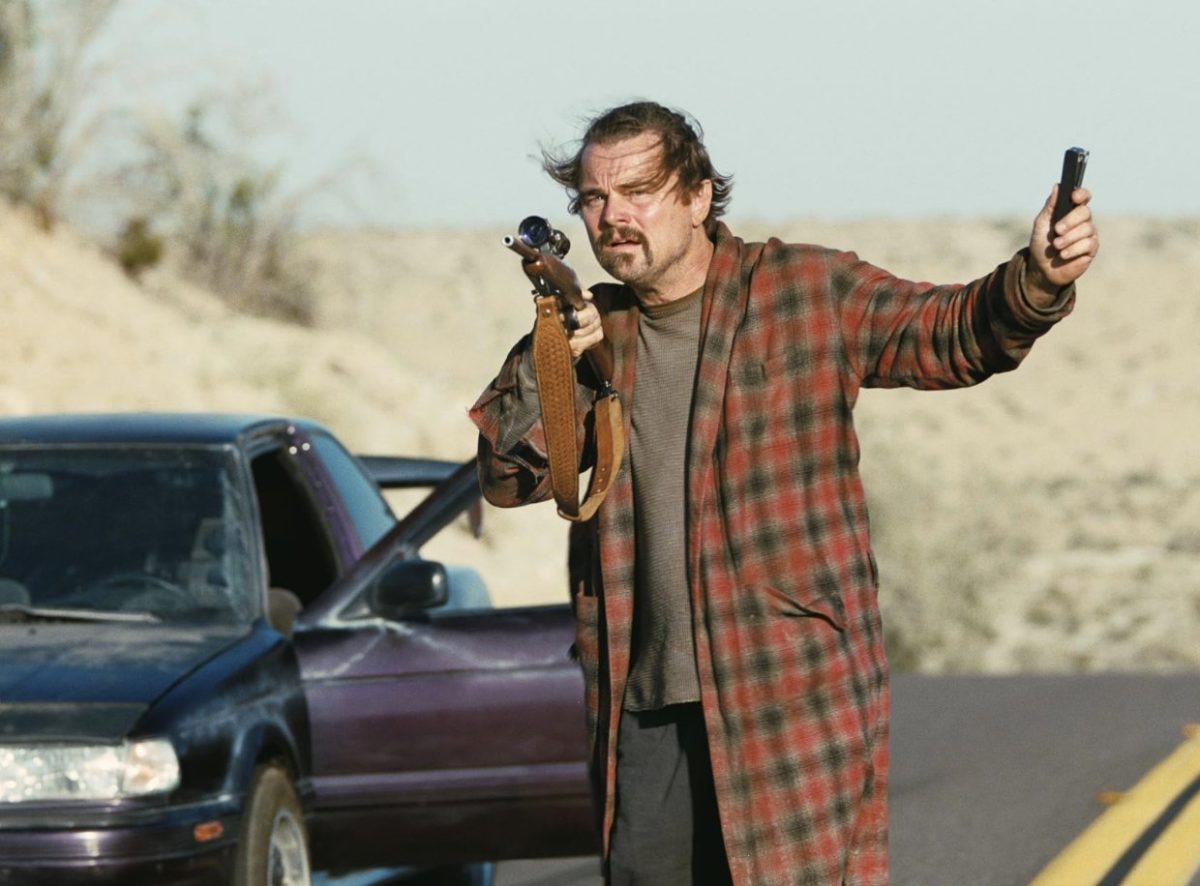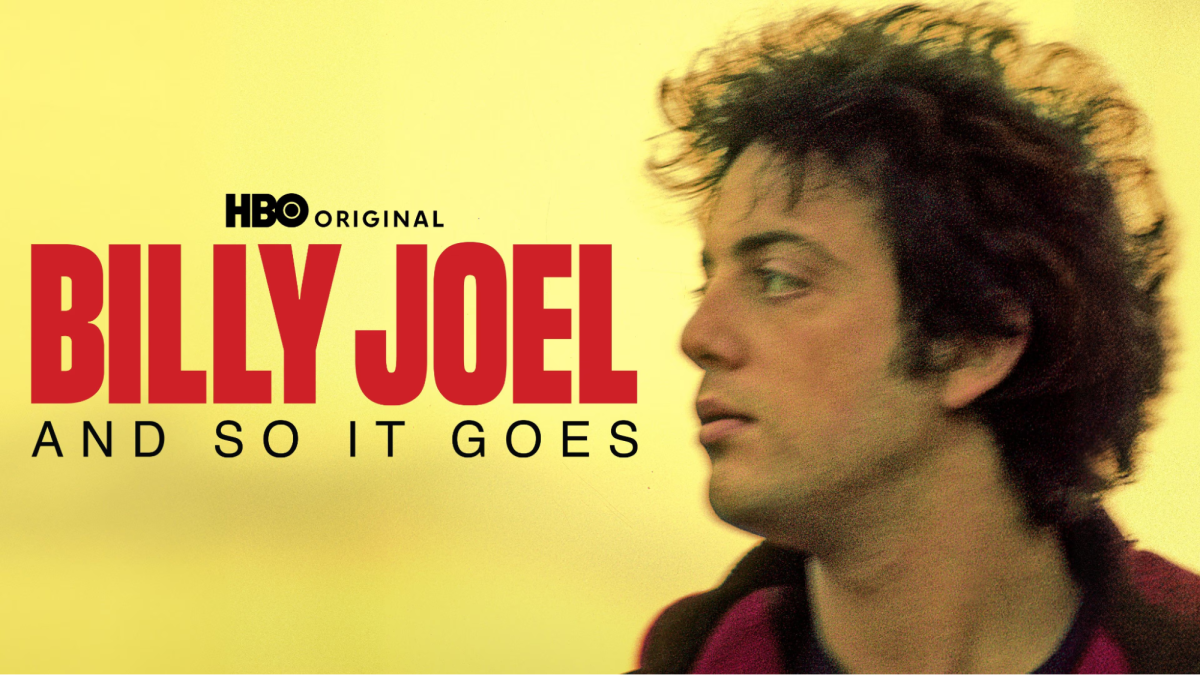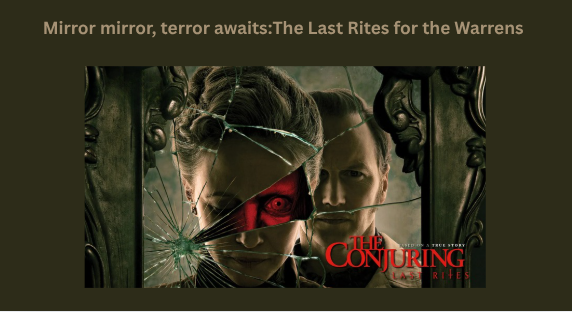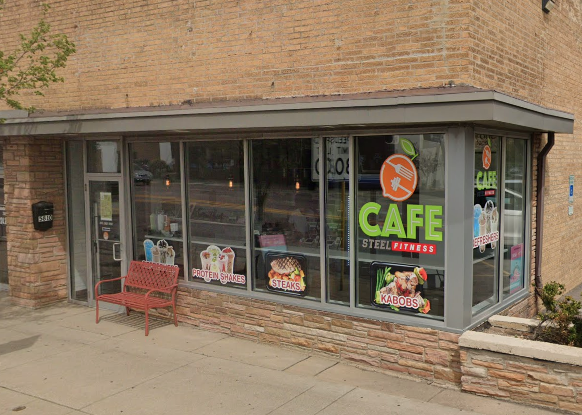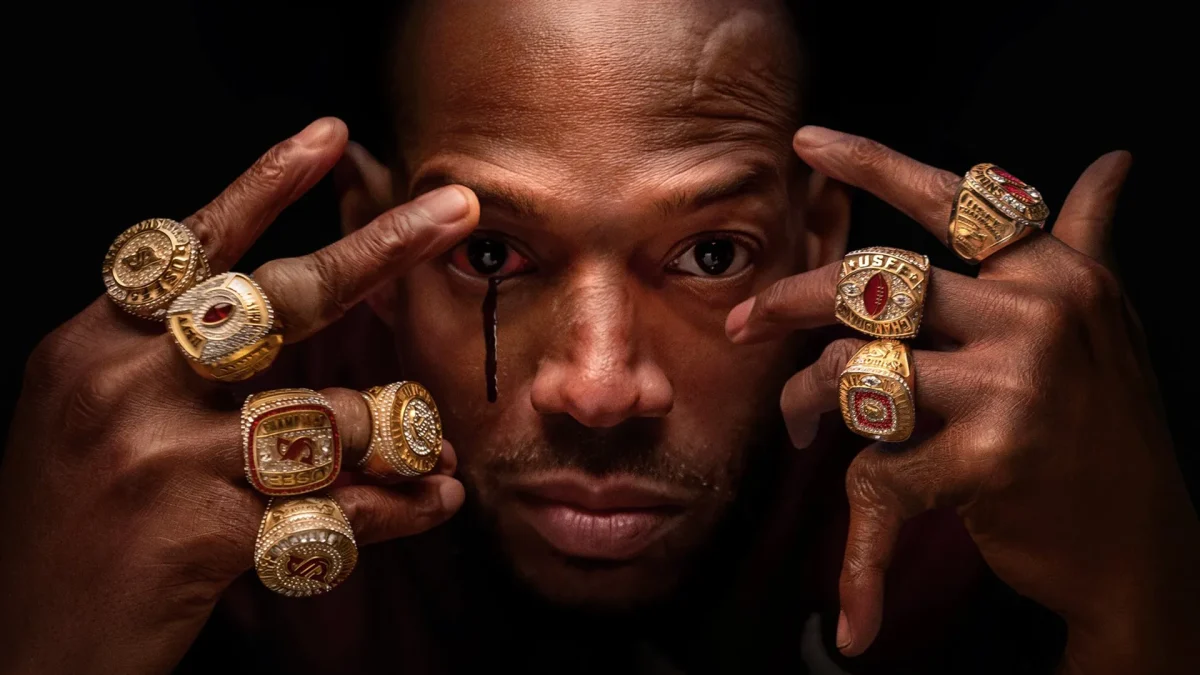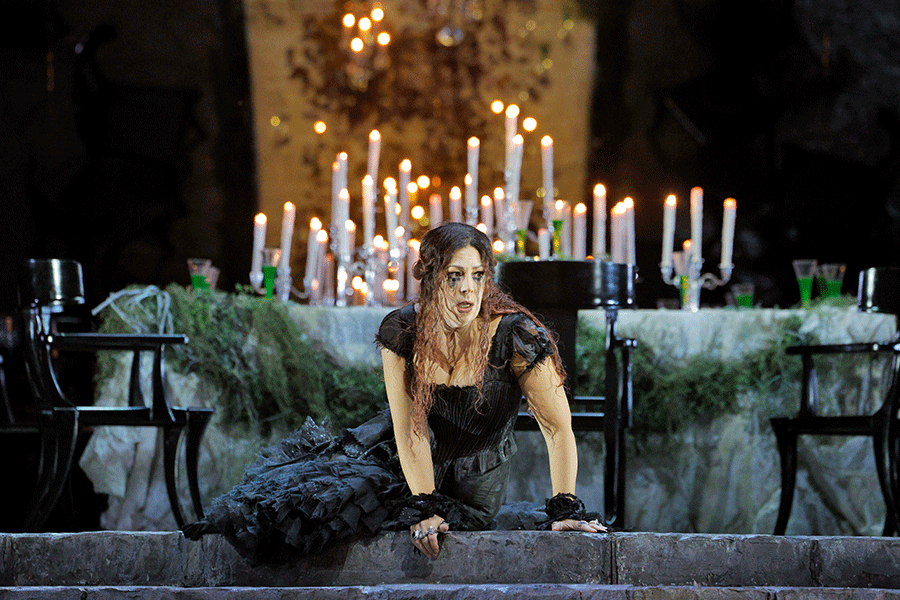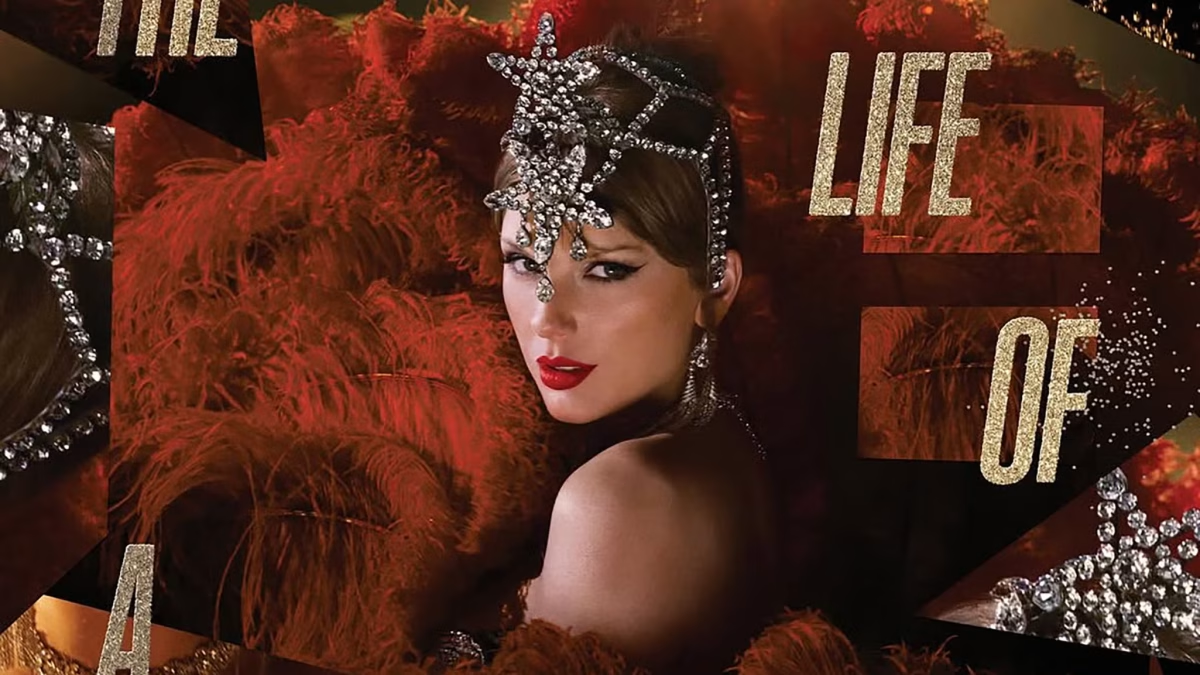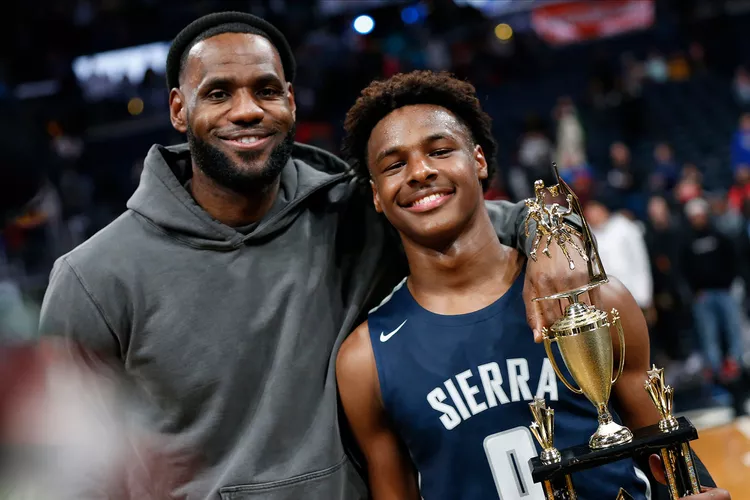The following is a note I scribbled to myself in the last minutes of Wicked: “If they end the movie here, I’m gonna throw my notebook across the theater.”
I followed it with another note: “That said, that would be the way to tell a story.”
Wicked is a retelling, four times over: a movie version of a musical based on a book which re-spins the story of the Wicked Witch of the West, from L. Frank Baum’s The Wizard of Oz. Though in the original book the Witch terrorizes Munchkinland, in Wicked she is Elphaba (whose younger self is played by Karis Musongole), the older daughter of the land’s governor, who is teased by other children and resented by her father for her inexplicable green skin.
Fortune smiles upon her, though, when years later Elphaba escorts her wheelchair-using younger sister, Nessarose (Marissa Bode), to Shiz University. The school’s professor of sorcery, Madame Morrible (Michelle Yeoh), sees potential in her raw magical abilities. Hurriedly admitted to Shiz, Elphaba (now played by Cynthia Erivo) is plopped in a room alongside Galinda (Ariana Grande), the future Good Witch of the South and the pink-swaddled, rich-girl recipient of every other student’s adoration.
I must confess I had not seen the musical before I watched the movie version. On the other hand, even for a show that I’m told is famous for its set, I don’t see how anything could compare to this film. The first scene follows the famous winged monkeys ducking and soaring through the air, over the immense and crag-laden precipices of Oz, giving way to the vast rainbow fields extending around Munchkinland. Shiz University is towering and ornate; the city of Oz is just the same. Director John M. Chu combines a taste for massive scope to a top-notch attention to detail.
“I felt like it did the perfect portrayal of the musical,” sophomore Sofia Ruffner said. “I felt like they took their time to make sure every detail was perfect; everything was thought through. They planted 9 million tulips for that set. They planted nine million for a five-second shot.”
This movie does not hurt for well-drawn characters, but the ones who really shine are Elphaba and Glinda. The former is excellently brought out by Cynthia Erivo: in her own words, “beautifully tragic”; quick-witted, but only to ward off others’ ignorance. In the middle of a room full of staring, shunning, mocking other Shiz students, she dances alone, with complete skill, in a style of her own invention—seeing that, as long as everyone insists on paying attention to her, she may as well give them something impressive to see.
Likewise, Ariana Grande is spectacular as Glinda—whom she has long said she would love to portray. Her character is clearly spoiled, but not airheaded, self-absorbed but possessed of an inimitable energy. The confidence, melodious manner, and sheer skill (those high kicks!) with which she whirls around a corridor in one scene, bathed in a pink glow, tells us exactly who Glinda is: from her perspective, the world is hers; everyone else just happens to live in it.
When Glinda finally steps forward to join Elphaba, there may be no more beautiful moment in all this movie than when the green girl sheds a single tear, her face in Glinda’s hand: all the pain of being alone for so many years is melting away, right there on that dance floor. (Grande has said that she and Erivo have “become true sisters” throughout this film’s production.)
And then, of course, there is the music. Erivo’s voice, when she sings, is assured and captivating—never more-so than the very last note of “Defying Gravity,” which set my spine to stiffening. Of Grande’s talents, meanwhile, nothing need even be said. This is a film that can delight musical-lovers and a general audience in equal measure—with a special meaning, perhaps, to those who have been silenced or ostracized the same way Elphaba has.
It wasn’t until the title slide that I discovered that this movie was only the first of two parts. Such a form makes absolute sense: with this serving as only the beginning, the cast and crew have enough time to fully weave the characters and the world surrounding the “Wicked” Witch. More broadly, it suggests that studios might turn to mutli-part storytelling instead of endless sequels and remakes in their quest for profits.
This is supposed to be the part where I close with some hackneyed joke about Wicked being “magical,” or “charming” viewers, or “putting a spell” on them. But this movie is simply too good for cheap puns.
Indeed, I foresee that it will become…very, very popular.


